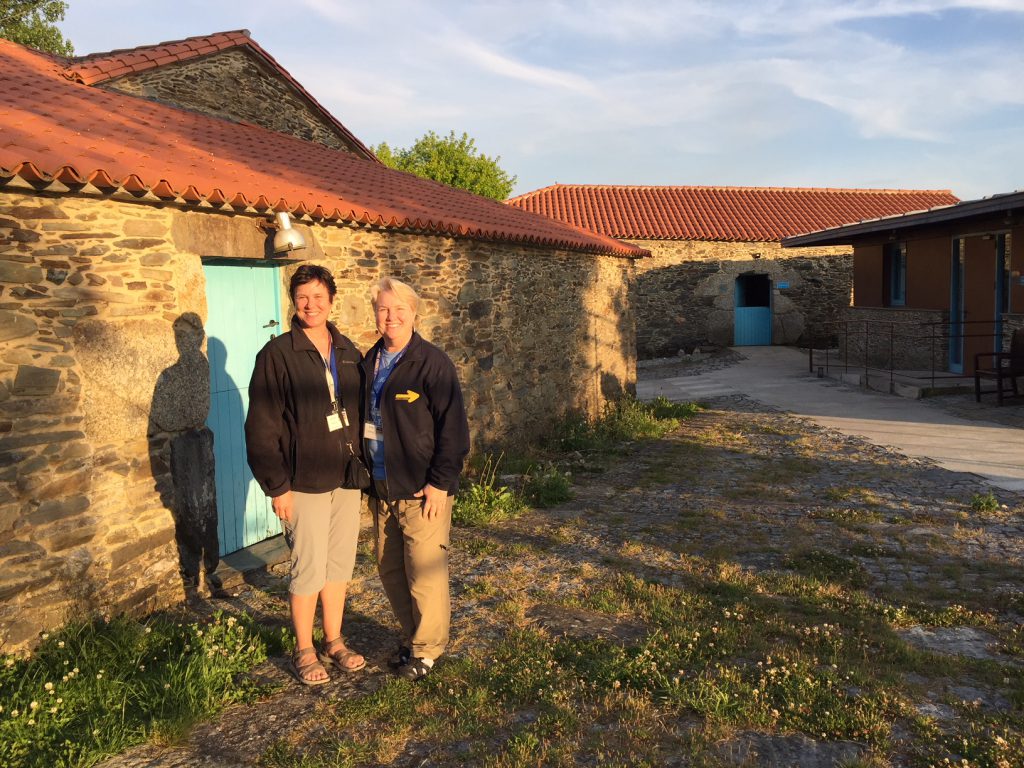
(Photo above: Citadel Prof. Alison Smith (left), and a co-volunteer from Indiana State University, Prof. Lisa Calvin, working in Spain with the organization American Pilgrims on the Camino)
The Camino de Santiago is a network of ancient pilgrim routes stretching across Europe. The passages date back more than 1,000 years, coming together in north-west Spain at the Tomb of St. James in the Cathedral of Santiago de Compostela.
According to the Pilgrim’s Reception Office near the Cathedral, a pilgrimage on the trail is “essentially a spiritual experience” driven by a personal wish or vow, as penance for sins, a desire for cultural immersion or a love of nature.
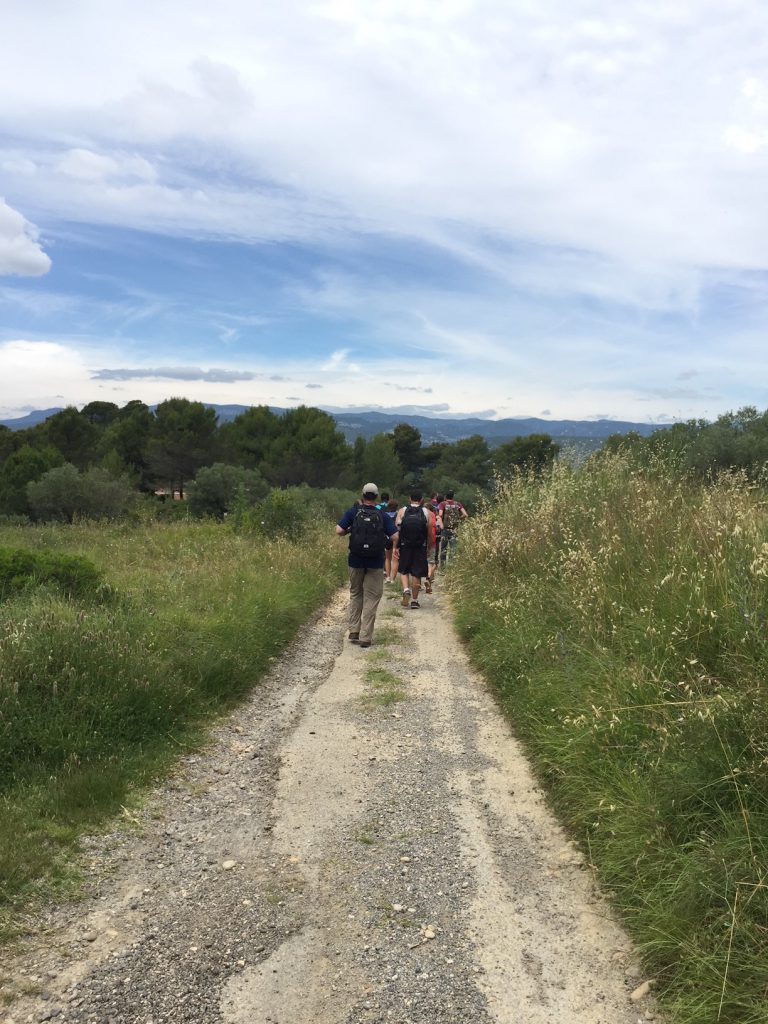
The office expected travel by cars and airplanes to eventually reduce the pilgrims on the trail but instead reports “huge growth” over the past 30 years, tracked through requests for trail credentials. “In 1985, 1,245 pilgrims arrived in Santiago. In the 2010 Holy Year 272,703 pilgrims qualified.”
Citadel professor of language and culture, Alison Smith, Ph.D., is researching the growing pursuit of travel for transformation. In fact, she is developing a course about it to be taught at The Citadel.
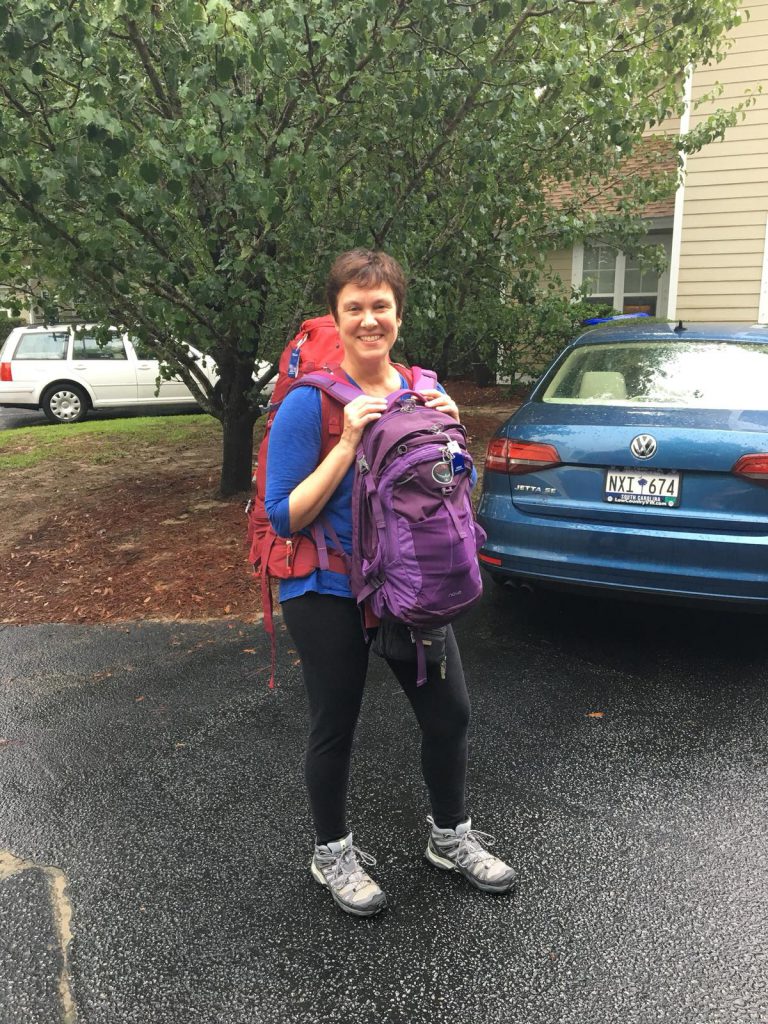
“In 2018 I directed The Citadel Summer Study Abroad program in Montpellier, France. I developed a cultural component for that trip that incorporated my ongoing research on the Camino de Santiago,” Smith said.
Smith and her 2018 group walked the Montarnaud to Saint Guilhem-le-Désert segment of the Camino. “The abbey in Saint Guilhem dates from the 10th century and was itself a pilgrimage site. Students spent the night inside the Medieval walls of the city,” Smith said. “The idea of doing an entire course was born then as I observed the transformative potential of the experience through my cadets and students.”
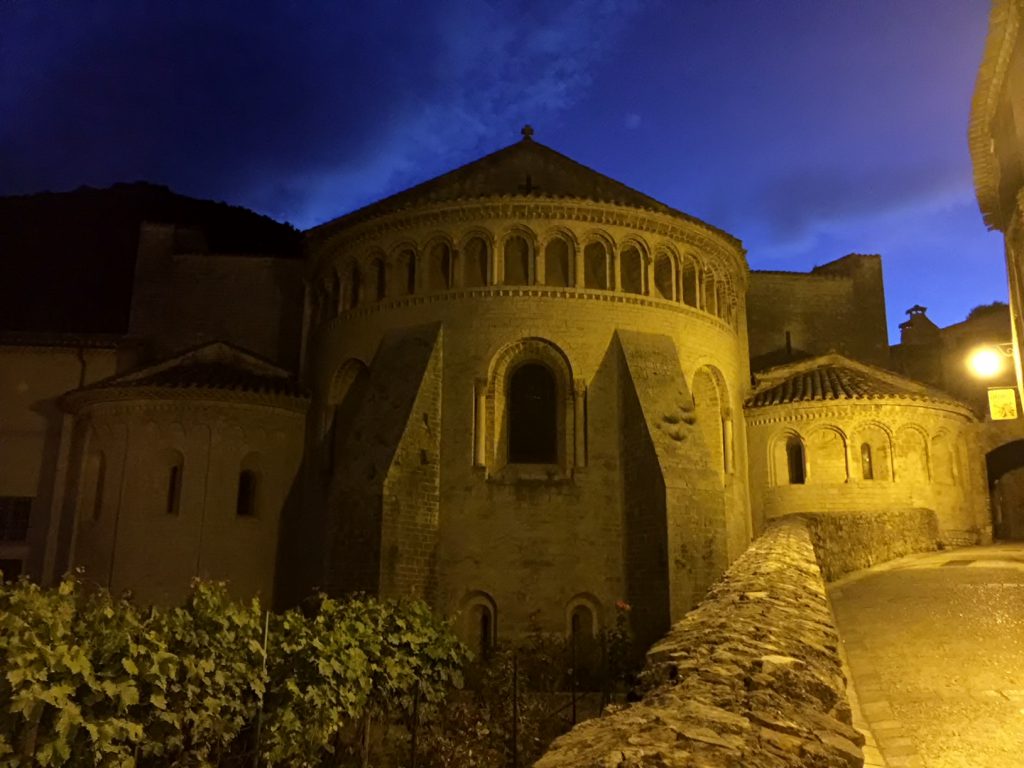
“This summer I was invited by American Pilgrims on the Camino to serve as a volunteer at a pilgrim welcome center in the albergue (pilgrims’ hostel) in Ribadiso, Spain,” Smith explained. “The albergue was once a pilgrims’ hospital in the Middle Ages, and it is just a two day walk from the final destination of Santiago.”
Smith learned that many of the pilgrims, who originated from 43 countries, had been walking for over a month by the time they arrived in Ribadiso to be welcomed by her and other volunteers.
“I helped them with basic needs such as water and medical attention, showed them to their bunks, answered questions, and facilitated communication with the staff (who only spoke Spanish and Gallego, the languages spoken in the region).”
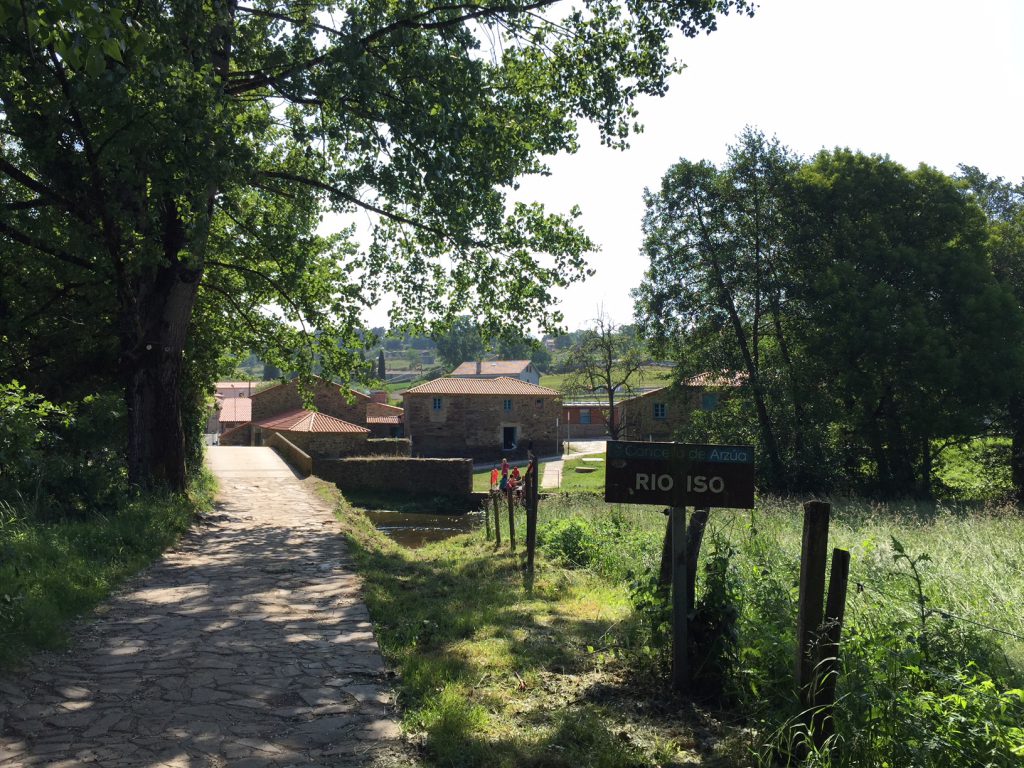
After volunteering for two weeks, Smith went to Ireland for a four day walk on a segment of the Camino there with other pilgrimage scholars. Her journey ended at a conference entitled Sacred Journeys, in Maynooth, Ireland where she presented a paper about her research.
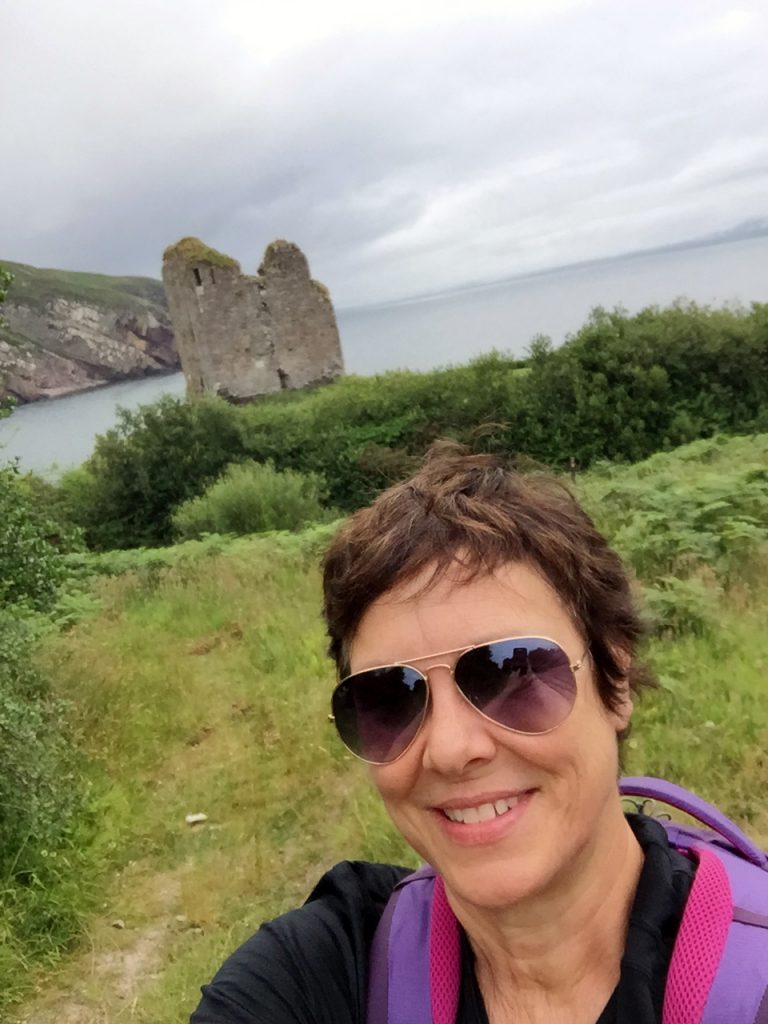
Smith expects to teach her Travel for Transformation course on campus in 2020. “The themes we will explore are related to service, faith, and peace, all of which are important for the development of principled leaders.”
For more about studying abroad with The Citadel, please visit this website.
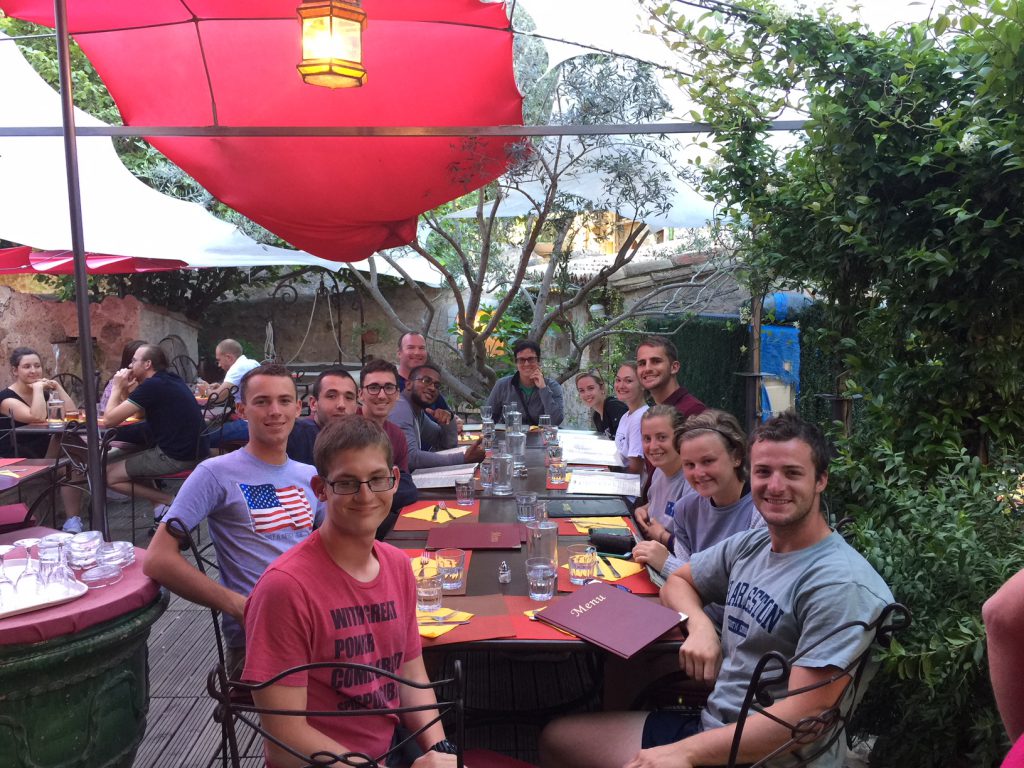

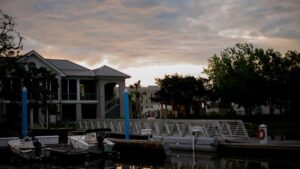 The Citadel’s Swain Boating Center provides popular event space for Charleston
The Citadel’s Swain Boating Center provides popular event space for Charleston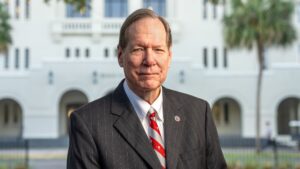 The Citadel Board of Visitors reelects chair
The Citadel Board of Visitors reelects chair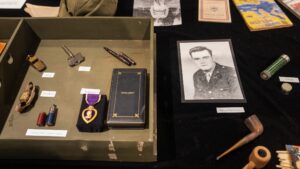 The Citadel Museum honors alumnus killed on D-Day
The Citadel Museum honors alumnus killed on D-Day

